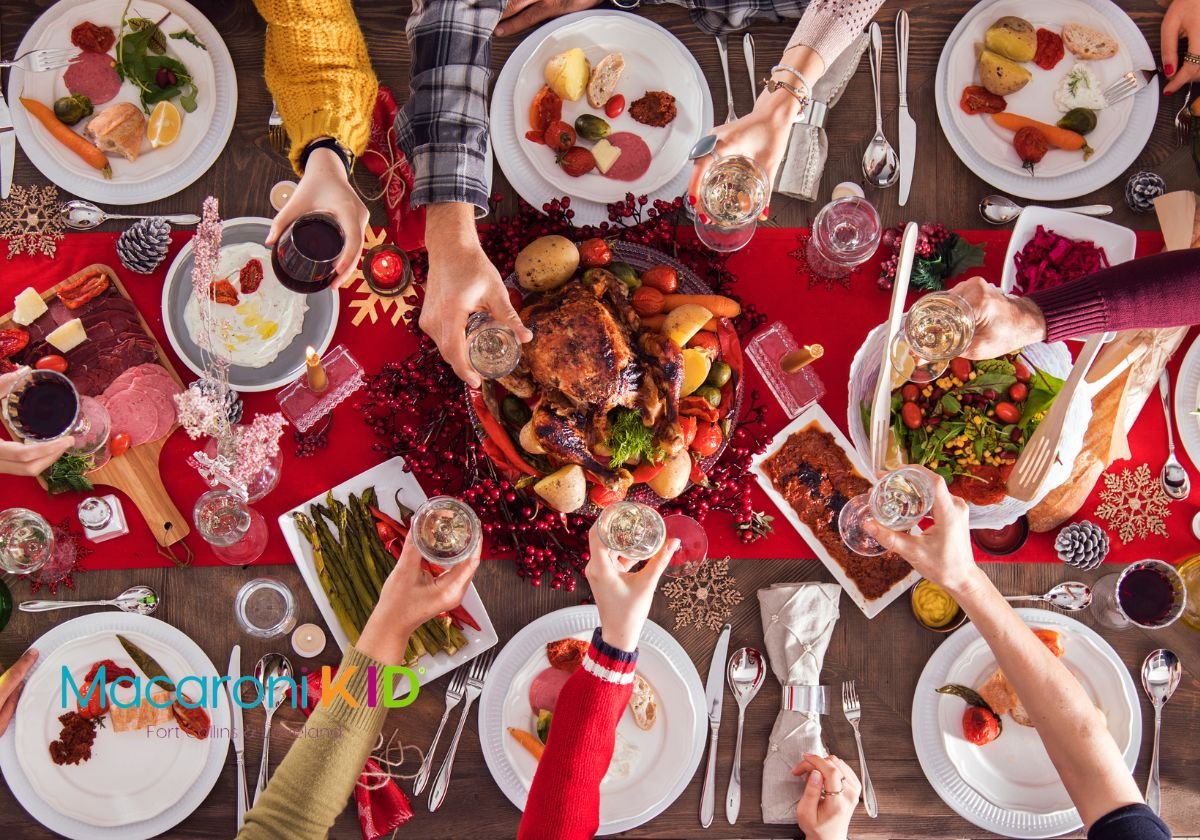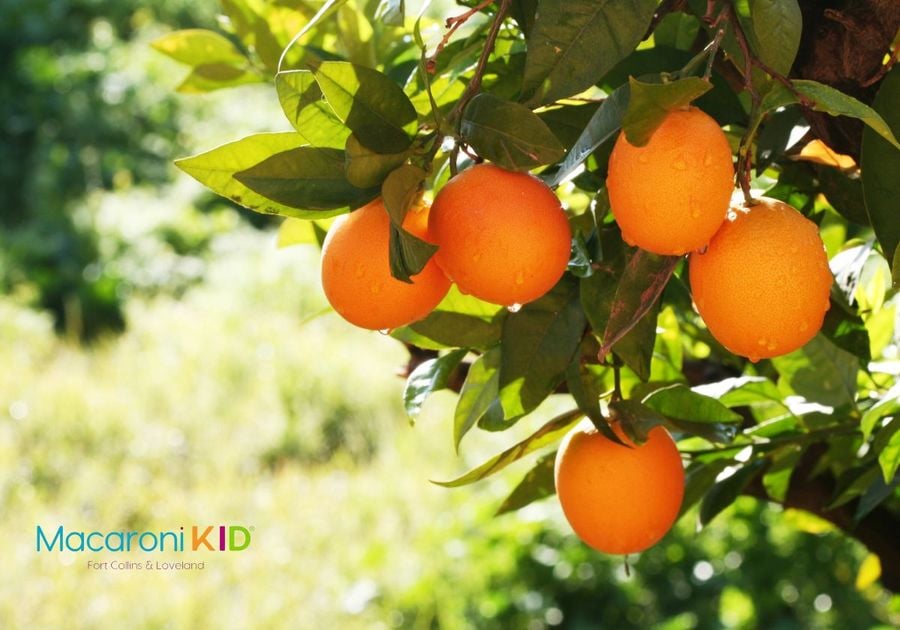I grew up in Los Angeles, but was raised in a very Southern household. My mother is a Louisiana Creole, born and raised in New Orleans. My father hails from Charleston, South Carolina, where the Gullah culture’s imprint runs deep. So our New Year's table was legendarily festive and full of food that was supposed to bring us happiness, prosperity, health, and good luck for the following 12 months. We'd always have family members and friends who stopped by on New Year's knowing there was a huge feast on 77th Street.
According to Southern traditions, if you eat a traditional New Year’s Day meal of greens (the color of money), black-eyed peas (luck) and rice, cornbread, and for some, potlikker soup (the cooking liquid from collards or turnip greens, along with other vegetables and ham) you will have good luck for the entire year.
In our home, we also had greens and cabbage for prosperity. We had black-eyed peas and Hoppin’ John, also known as Carolina peas and rice. My mom put a N’awlins twist on everything, cooking her black-eyed peas down and making a roux as you would for red beans.
Other parts of the country have different traditions. Pennsylvania’s Dutch heritage features pork and sauerkraut on New Year's because is a time to look forward, and a pig cannot turn its head to look back. Chicken and turkey, however, are considered bad luck because they bury the past by scratching backward in the dirt.
 |
Here’s a list of other foods that might make an appearance on the New Year’s Day table:
Seafood
You’ve heard the saying there are lots of fish in the sea. So fish on New Year's symbolizes abundance. While you don't eat the silvery scales, they stand for coinage -- and plenty of it!
Noodles
Noodles, especially extra-long noodles, are thought to bring long life -- but you have to eat them without breaking them in the middle!
Cakes and Pastries
In some places, a special cake is made with a coin baked inside. The person who gets the slice with the coin -- silver or gold -- is considered very lucky! Many cakes and pastries served at New Year's are round or ring-shaped because this signifies completion -- the year coming full circle.
Grapes
In Spain, the tradition is to eat 12 grapes at the stroke of the clock at midnight on New Year’s Eve. Each grape represents good luck for one month of the coming year.
Oranges
Fresh mandarin oranges are one of the main symbols of Chinese New Year. They are said to bring prosperity, and having one with the stem and leaf attached will bring you a long life and fertility.
Pomegranates
The seeds have always been associated with fertility. In Greece, they hurl whole pomegranates to the floor to release a flood of seeds that symbolize life and abundance.
Whatever foods you bring to the table for New Year's Day, I hope your year is filled with happiness, prosperity, health, and good luck!



